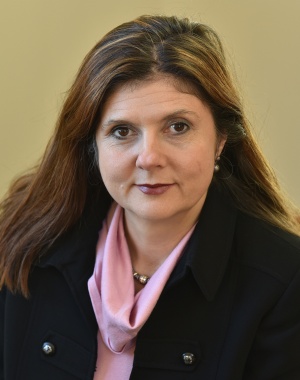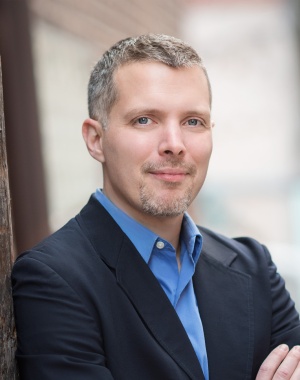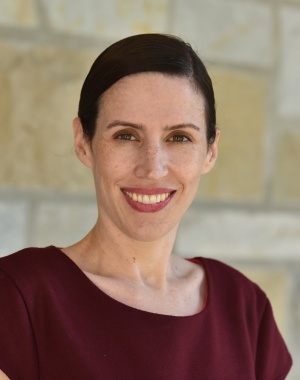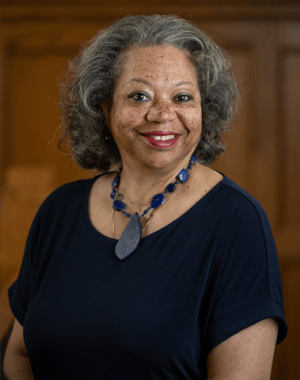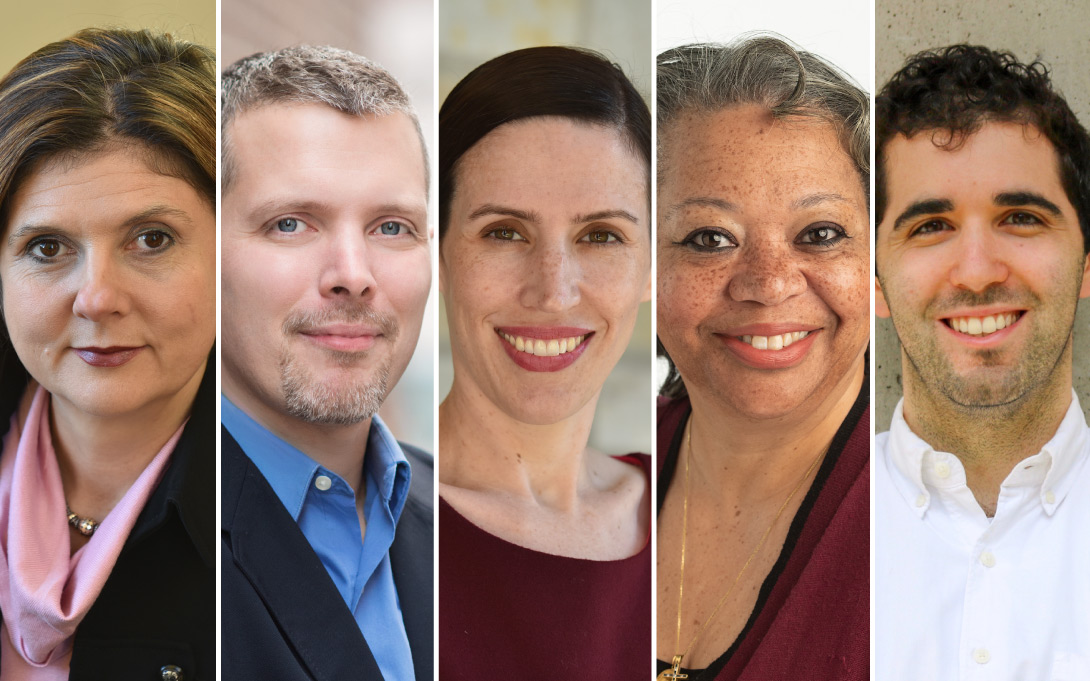
"College students can take out loans to pay for college, but it's absolutely impossible to take out a loan to pay for your own preschool. It's just not something a 3- or 4-year-old can do to manage their own education. So the idea that we have something that's just as expensive as college and we don't have any mechanism in place to fund it is why so few kids get access to high-quality early childhood education."
Betsey Stevenson on the need for public investment in affordable child care. Business Insider, September 18, 2021
"This is the boldest vision laid out by an American president for fighting poverty in at least a half a century. But it starts with a really simple idea...the government has a reason to make sure that [raising children] is done well."
Luke Shaefer on the child allowance policy in Biden's COVID relief package. NPR, March 2, 2021
"The idea of a benevolent billionaire is a uniquely American phenomenon and a function of the country's tax exemption code for foundations. In European countries with a developed social safety net, or China, where there are restrictions on donations, philanthropy has very little power compared with the state."
Megan Tompkins-Stange on wealth, philanthropy, and the pandemic. Washington Post, March 12, 2021
"What the U.S. could have done better would have been to be much more forceful, holding people accountable, and helping them to establish the institutions (they need). Diplomacy can only work if people want to listen. But certainly there could have been more done to stop the disintegration of South Sudan."
Former Ambassador Susan D. Page on the U.S. role in South Sudan. CNN, July 10, 2021
"Policymakers and companies eager to find a ‘regulatory fix' to harmful uses of technology must acknowledge and engage with the limits of human oversight rather than presenting human involvement—even ‘meaningful' human involvement—as an antidote to algorithmic harms."
Ben Green on tech ethics. Slate, June 15, 2021
More in State & Hill
Below, find the full, formatted fall 2021 edition of State & Hill. Click here to return to the fall 2021 State & Hill homepage.

